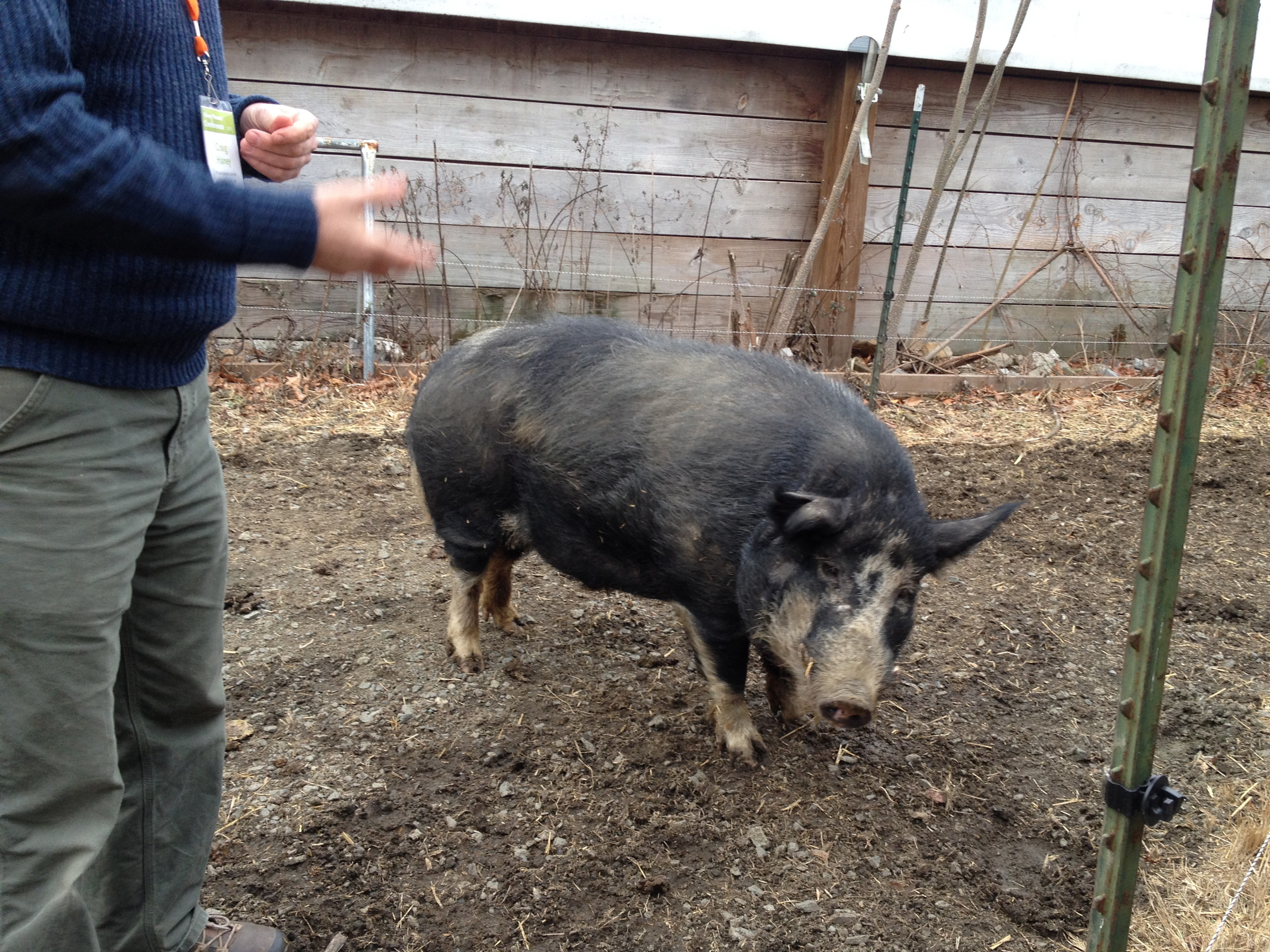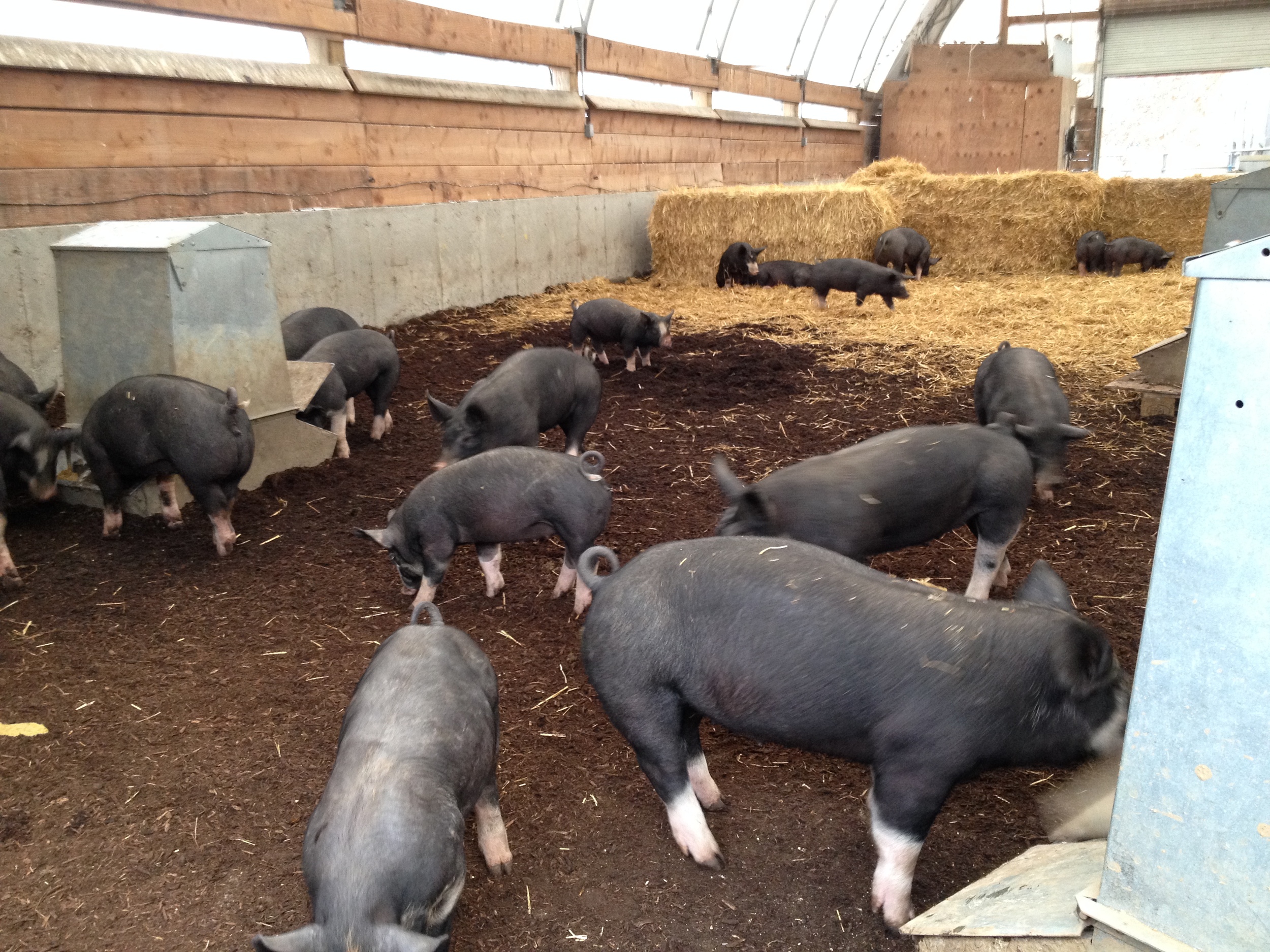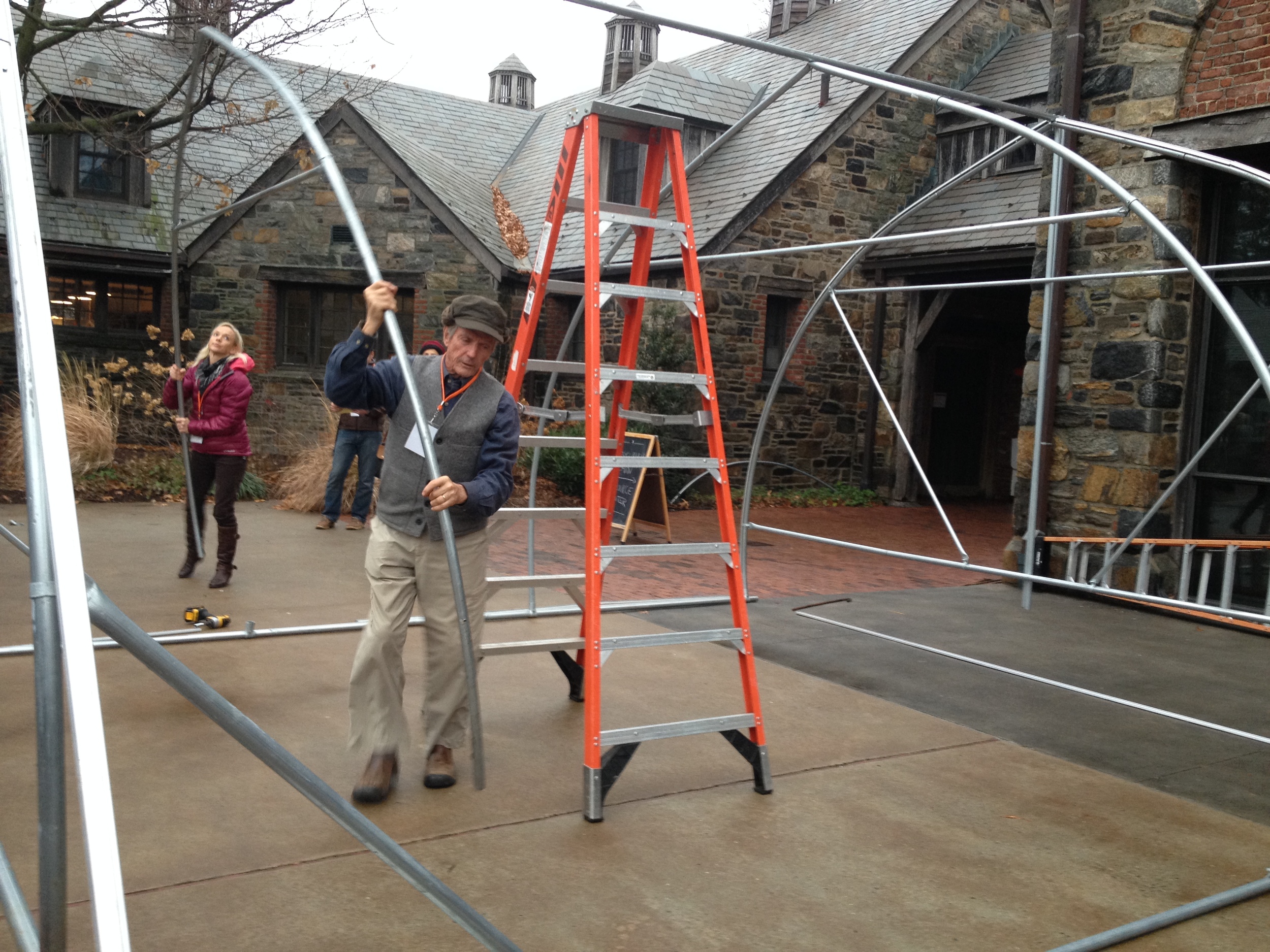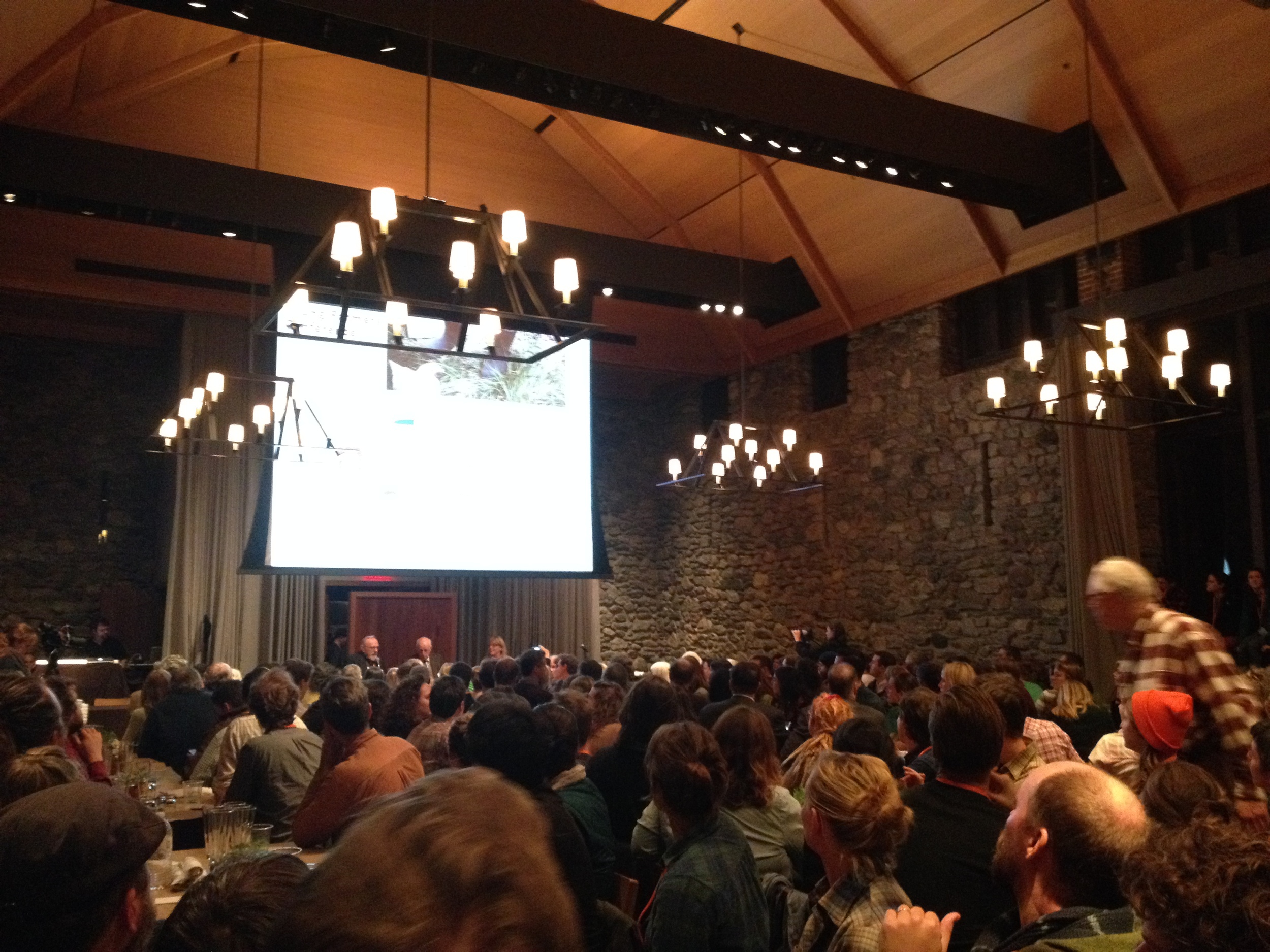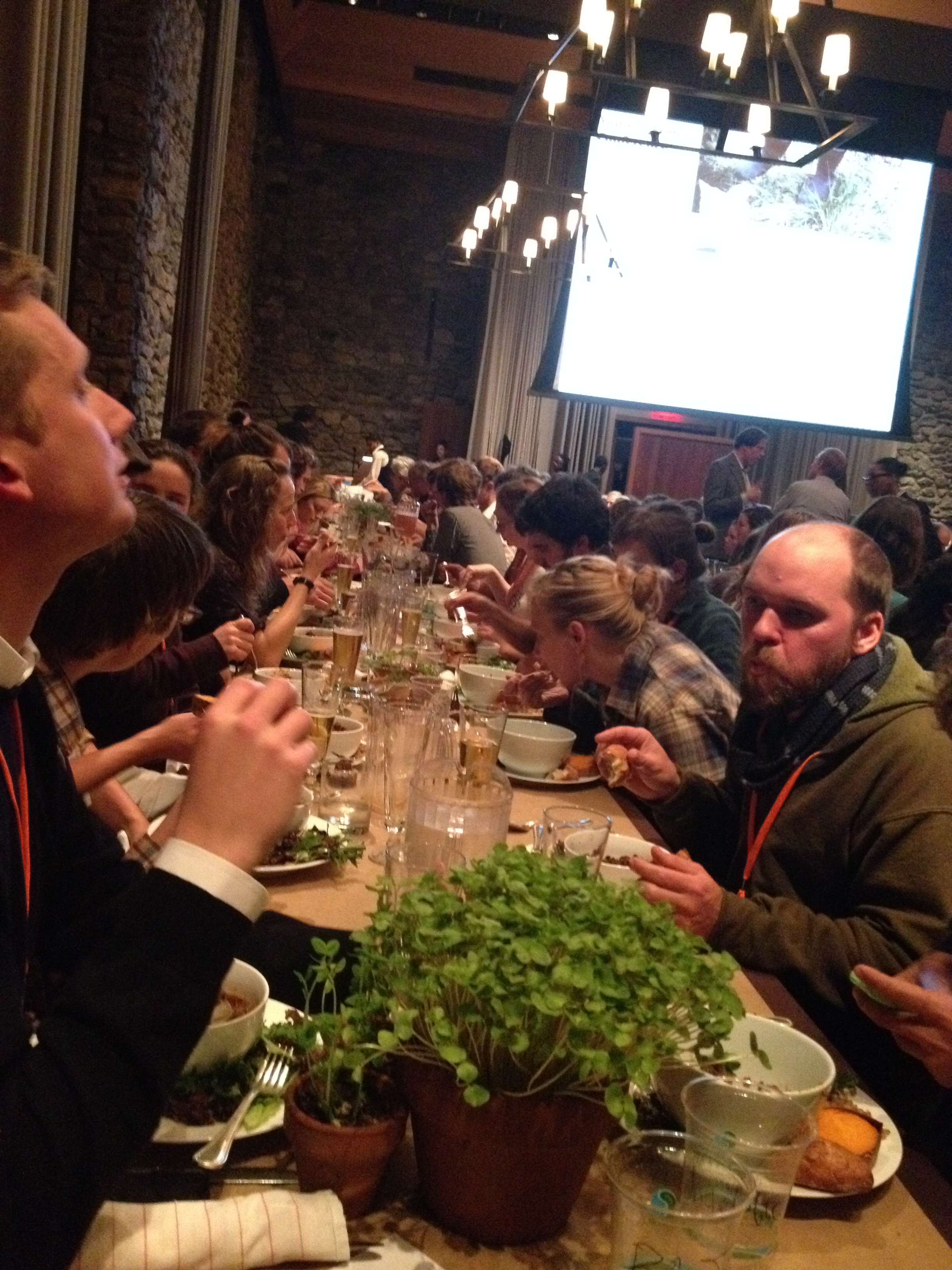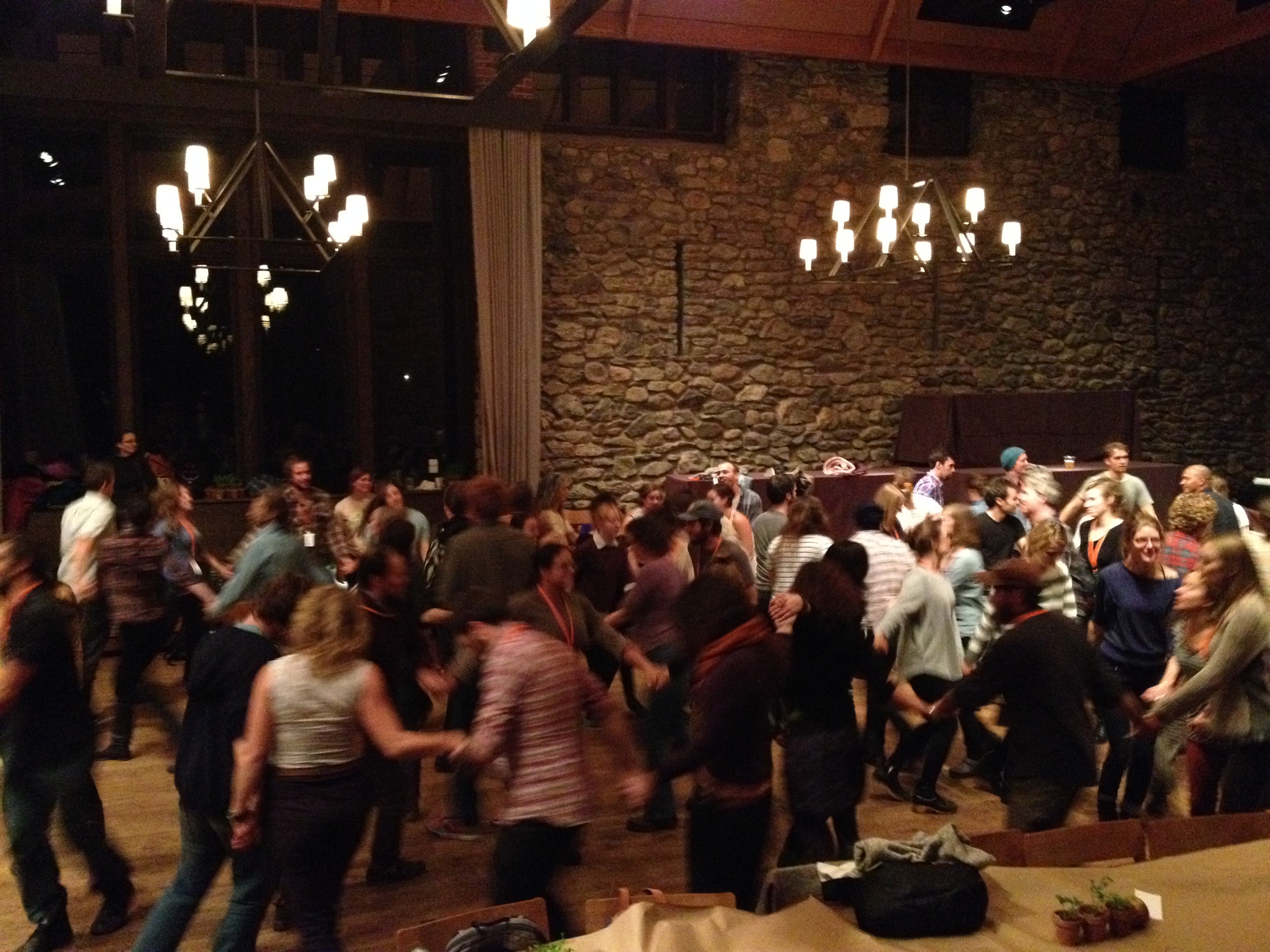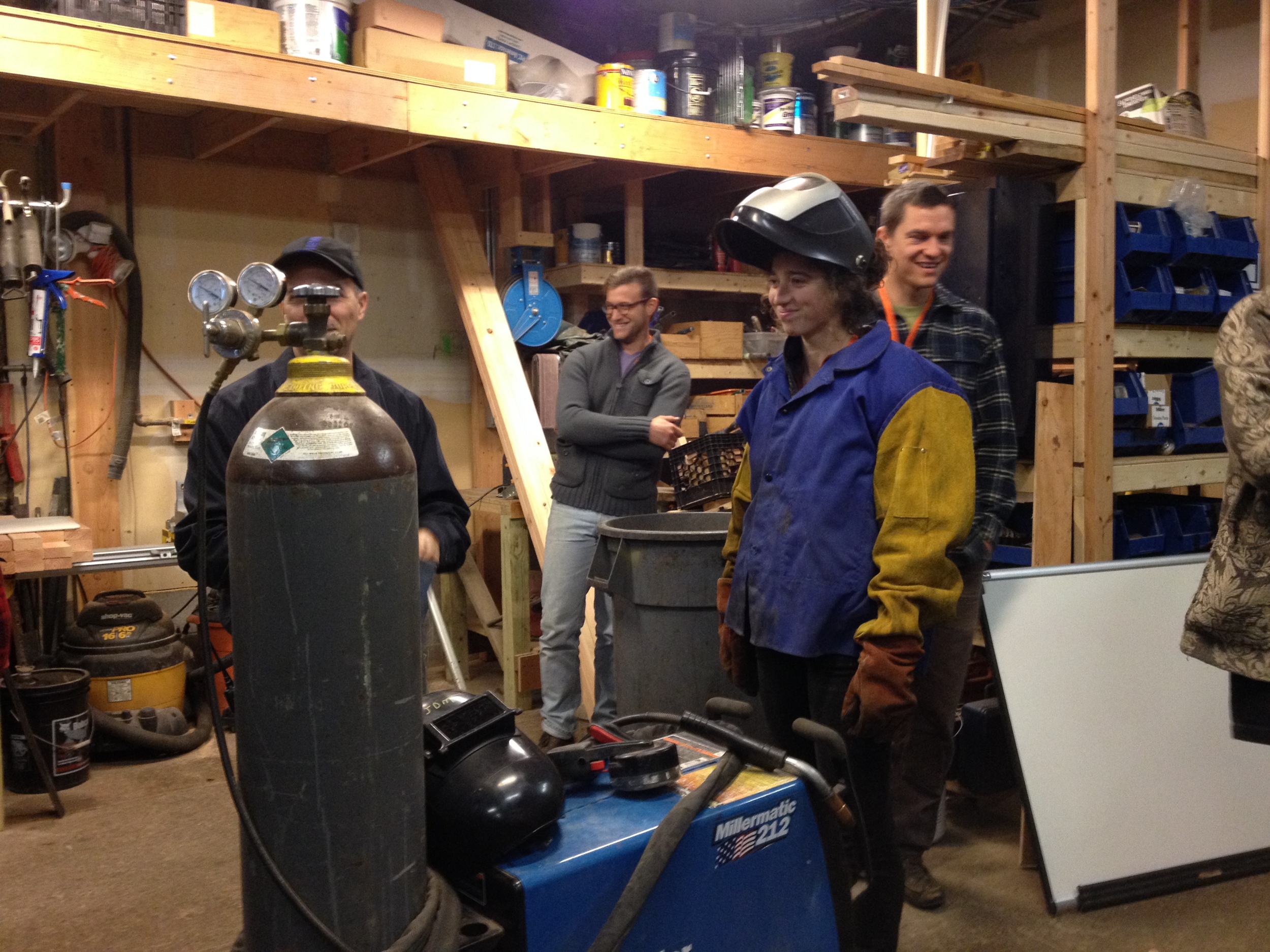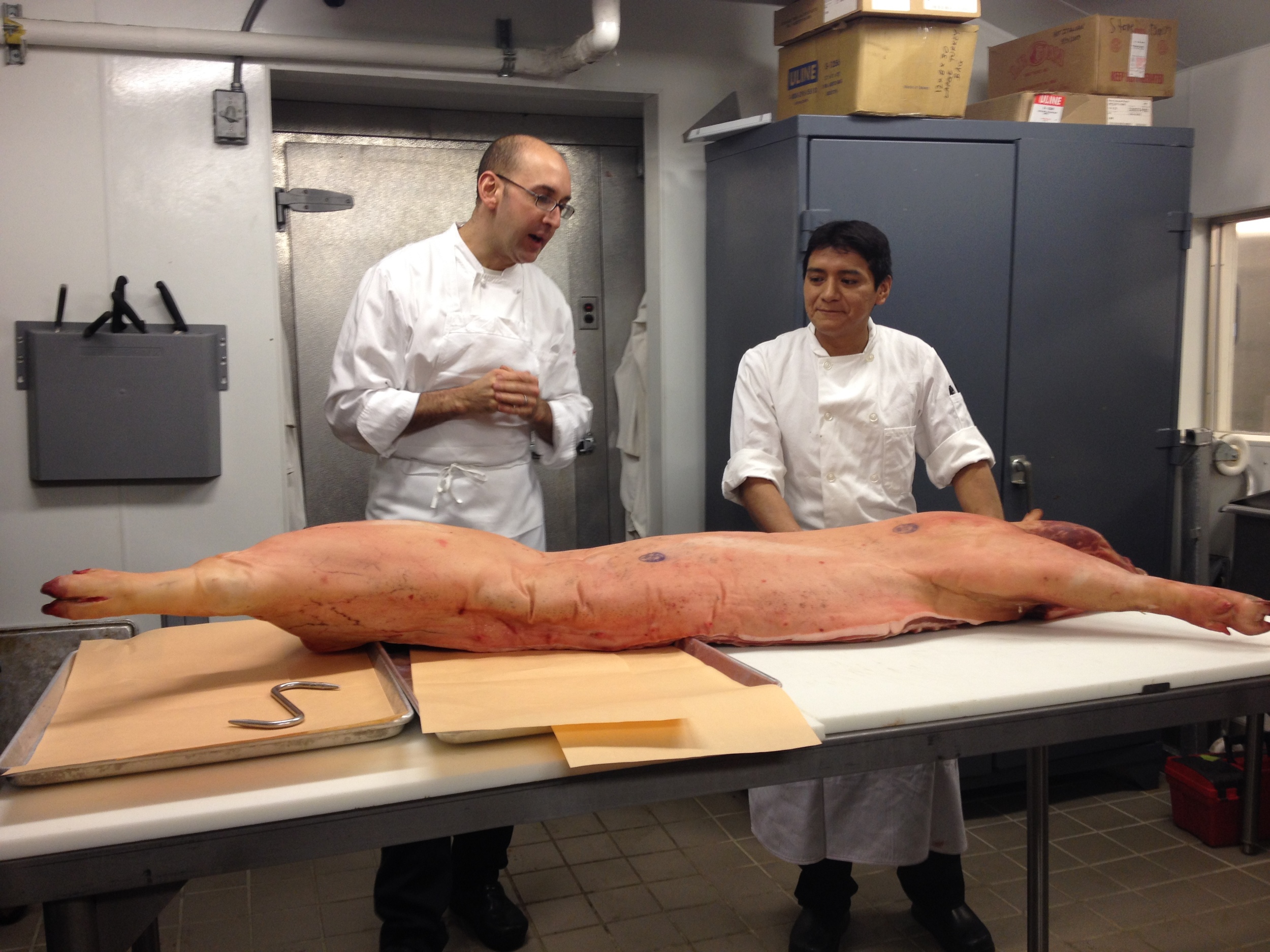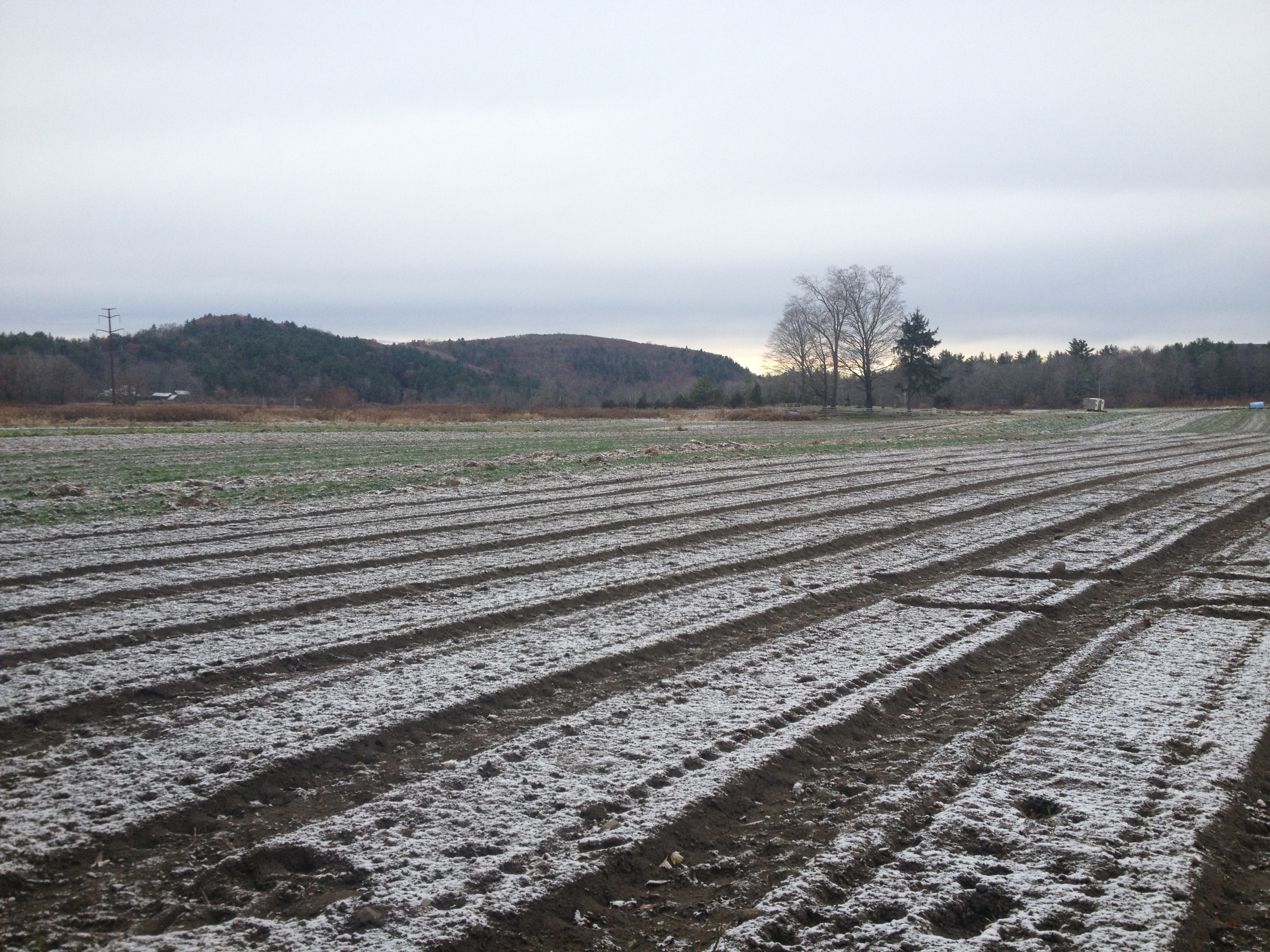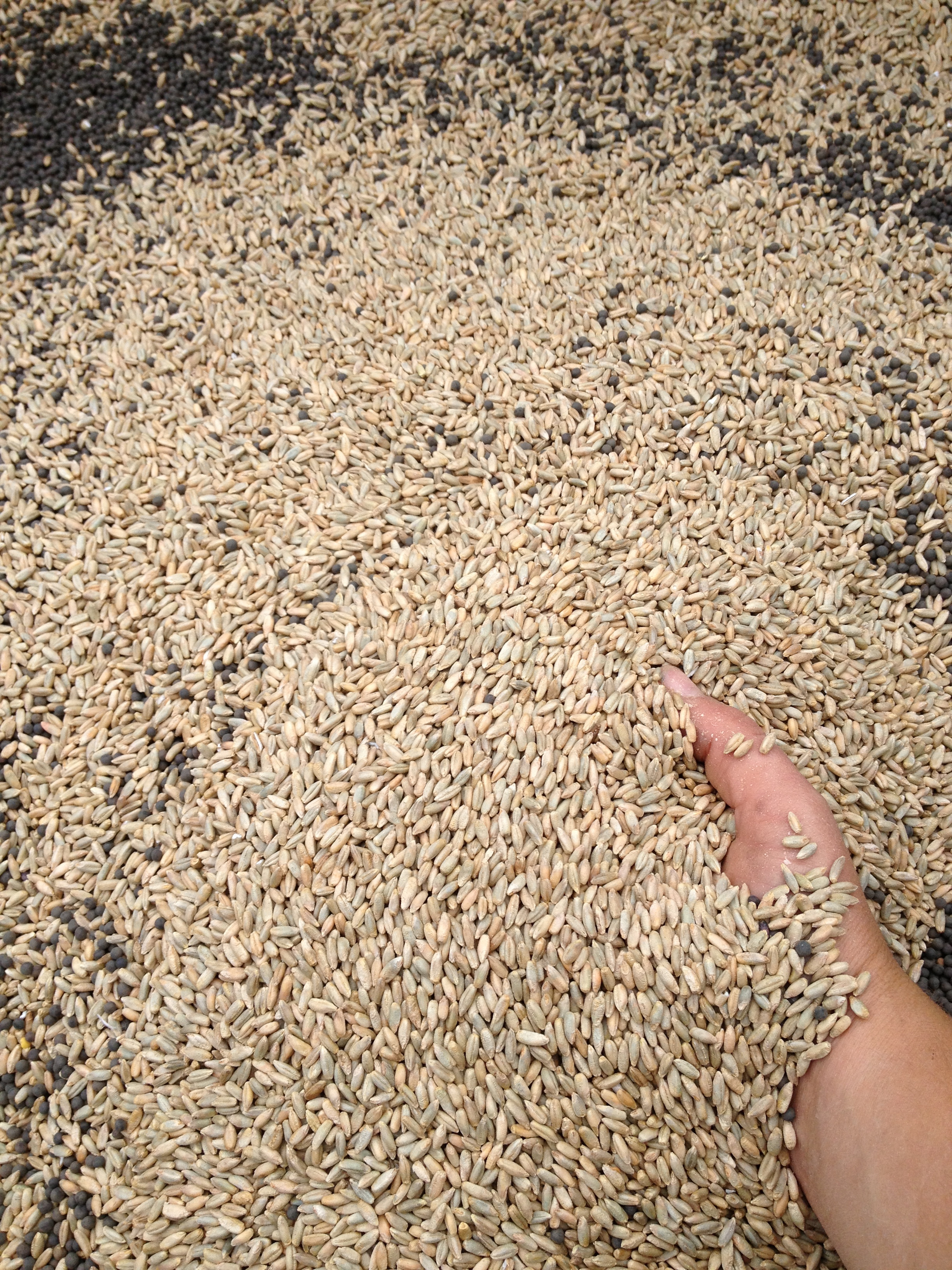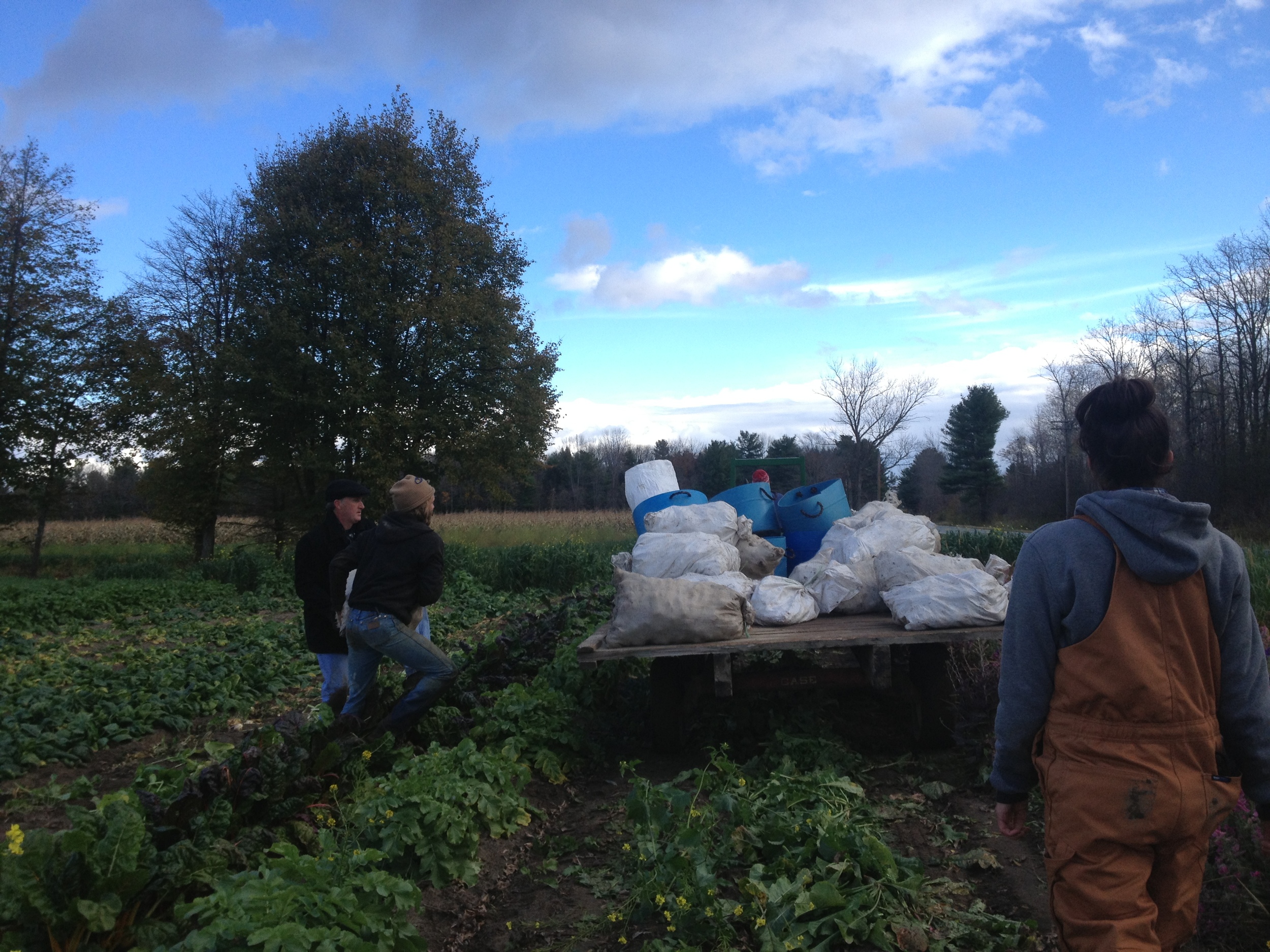“You can cope with economy for only so long. (“So long” is one of those ambiguous phrases. It means “so long as you do not feel sick at the sight of a pocketbook.”)”
I’ve been walking around town for the past two months carrying the same half-read book in my purse, as if my hip could finish reading it through layers of canvas and denim. My inattention has much less to do with the quality of the writing than with my own inability to resist the temptation of other media when I have access to it. During my months living without constant internet access or phone/data service, I had little else to distract me from my ever-growing stack of books. Now, I have any number of unnamed video streaming services just waiting to show me who was funny last night on a talk show or how funny Shirley MacLaine was in that movie from fifty years ago. All this to say that I’ve been “reading” this essay collection for too long to call it reading, but I intend to finish it in time to write about it next week. In the meantime, I have a rumination on eating frugally partially by inspired by another work of M.F.K. Fisher’s called “How to Cook A Wolf.”
One my goals in Ann Arbor this winter has been to save some money, which on my income would be impossible if I chose to indulge in the fine cheeses and cured meats that abound in this city (see last blog post for a catalogue of temptations). I have a cupboard full of a myriad of beans and rices, but one can only survive so long on monotony. The combination of my self-inflicted culinary privation and my daily literary burden reminded me of Fisher’s always witty and insightful writing on living on a shoestring. She wrote “How to Cook a Wolf” as a guide for those trying to cook for themselves and their families during wartime rationing, but her prose remains hilarious and helpful to those living on a budget over seventy years later. For example, here’s another quote from the book, this one from the chapter entitled “How to Be Cheerful Through Starving:”
“Of course, it takes a certain amount of native wit to cope gracefully with the problem of having the wolf camp with apparent permanency on your doorstep. That can be a wearing thing, and even the pretense of ignoring his presence has a kind of dangerous monotony to it. For the average wolf-dodger, good health is probably one of the most important foils. Nothing seems particularly grim if your head is clear and you teeth are clean . . . and your bowels function properly.”
I write now partly as a wolf-dodger, partly as an electively thrifty cook. With a hat tip to Ms. Fisher, I’d like to share a few tips on how I keep the wolf at bay and the money in the bank, kitchen-wise.
1. Screw recipes.
As a known hoarder of cookbooks, this statement might seem to be the height of hypocrisy, even heresy. Au contraire! Cookbooks make great leisure reading, and I often dream in recipes. But if I took those recipes to the grocery store, I’d blow my month of food money in a week! Following a recipe is an investment! You can’t buy a pinch of harissa or a half cup of almond meal, and two weeks later you’ll find the other half of that spaghetti squash mouldering in the recesses of your fridge. Nope, recipes are great for special occasions and idle aspiration, but to cook on the cheap, you have to learn how to cook ingredients. You don’t need a recipe to tell you how long to cook the dried lentils in your cupboard or even how much water to add! You just need a chart like this one stuck on your fridge. Print it or copy out the relevant information. This is the start of something delicious.
2. Put an egg on it.
I’ve been buying fresh eggs at the farmers market since I’ve been here in Ann Arbor. Once you start eating farm fresh eggs, the supermarket equivalent just can’t compare. They’re a splurge compared to the pale (literally) imitation available for half the price, but they’re a perfect food! Not only are they full of protein and other necessary things, but they make everything under them delicious. One of my favorite never-ending meals is grain + legume + roasted veggies + dark green with an egg on top. Here’s a version I made last week with stuff in my cupboard and at my farmers market: brown rice and lentils (cooked in beef bone stock, optional), swiss chard, and roasted delicata squash, carrots, and onions. You don’t need a recipe for this! What I do is make a big batch all at once, cooking the rice and the legume, then mixing them together with the previously washed and chopped greens, letting the heat of the rice cook the greens without extra heat from the stove. Then I’ll divide the mixture into individual servings, one for now and a few individually packaged for later. I’ll top each one with some of the roasted vegetables, and then I’m ready to put an egg on it! The perfect meal for well under a dollar per serving!
3. Waste not want not.
So you bought a package of local artisan tortillas, and they’re getting a bit stale. You’ve only gone through half the bag! So make some tortilla chips. You’ve got an almost stale bagel - make some bagel chips. I made some bagel chips the other day, and then I wanted a dip to go with it. (When you give a mouse a cookie, after all...) So I looked in my pantry. Next thing I knew I was eating bagel chips with a dip containing white beans, cipollini onions in balsamic, and fresh garlic. Delicious.
4. DIY the easy stuff.
Popping your own popcorn is 1000% more fun and delicious than the microwave version, lots cheaper, and come in infinite flavors. Try popping corn in a wide variety of fats! Add spices! Add cheese! Make kettle corn! Never buy salad dressing. Good salad dressing just requires a mason jar plus stuff you have in your fridge and cupboard and takes less than a minute to make. All you need to remember is 3:1. Three parts oil to one part vinegar makes a simple vinaigrette. But you can also get creative. Yesterday I made a dressing for a bitter greens and apple salad with olive oil, rice vinegar, honey, coarse mustard, lemon juice, and salt. You just put whatever you want in a mason jar, shake vigorously to emulsify, and pour it over that salad!
This is by no means an exhaustive list of my thrifty kitchen habits, but I hope they’ve been just a fraction as diverting and instructive for you as Ms. Fisher’s were for me. Stay tuned for “How to Eat like a Worldly Peasant” at some future juncture, and I promise to eventually finish reading that book!













